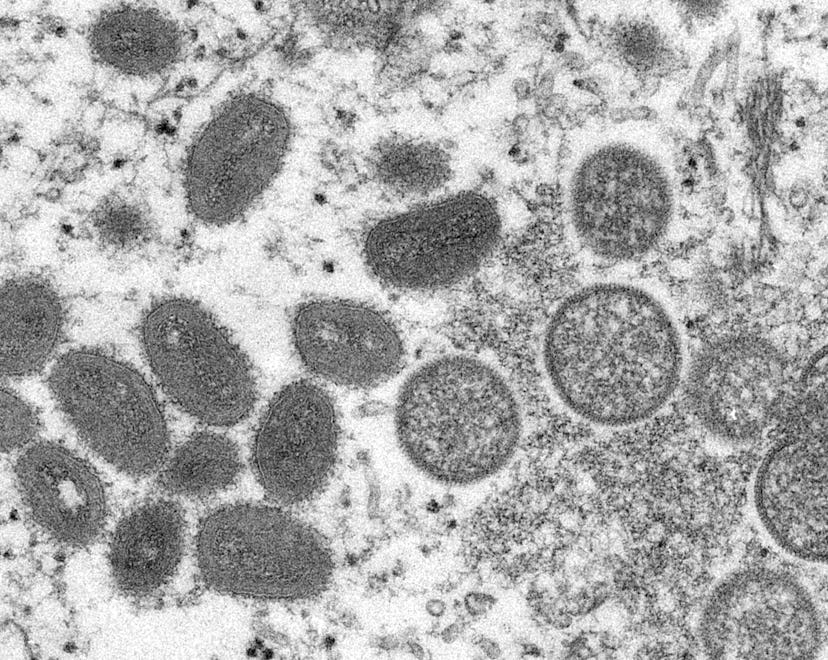News

What Is Monkeypox & Should You Be Worried? Here’s What You Need To Know
Cases of the rare disease have been reported in the U.S.
Monkeypox is a virus that is generally transmitted to humans from animals (including primates and rodents). It was first identified in Democratic Republic of Congo in 1970.
Monkeypox outbreaks primarily occur in Central and West Africa, though cases have been recorded internationally, including in the U.S. — in 2003, 47 cases were linked to domesticated prairie dogs.
Symptoms of illness, says WHO, can begin anytime within 5-21 days of infection, but generally occur within 7-14 days. Early symptoms include fever, headache, muscle and back aches, swollen lymph nodes, chills, and exhaustion.
Since May 13, cases of monkeypox have been reported to WHO from more than a dozen countries, including the U.S., where the virus is not endemic. So far, 92 cases have been confirmed in these regions with additional cases suspected.
It can be. According to WHO, cases generally have a 3-6% fatality rate: children and people with underlying health conditions are most at risk. However, so far no deaths have been associated with this latest outbreak and the AP reports that cases appear to be mild.
It’s unclear. WHO notes that most patients are men who have sex with men (MSM), though whether the latest outbreak spread primarily as a sexually transmitted infection or through close contact is uncertain as well.
Human-to-human transmission of monkeypox can result from close contact with respiratory secretions, skin lesions of an infected person, or recently contaminated objects. Any close contact of a patient is at risk.
Dr. David Heymann of the London School of Hygiene and Tropical Medicine specifically told AP “This is not Covid.” According to WHO, respiratory transmission of monkeypox requires prolonged face-to-face contact.
Yes. According to WHO, an antiviral known as TPOXX, intended to treat smallpox, was approved to treat monkeypox earlier this year. But, fortunately, most cases of monkeypox clear up on their own without treatment.
Right now, there are fewer than 10 cases in the U.S. — all connected to travel — so the chances of contracting the virus at this time are quite low.